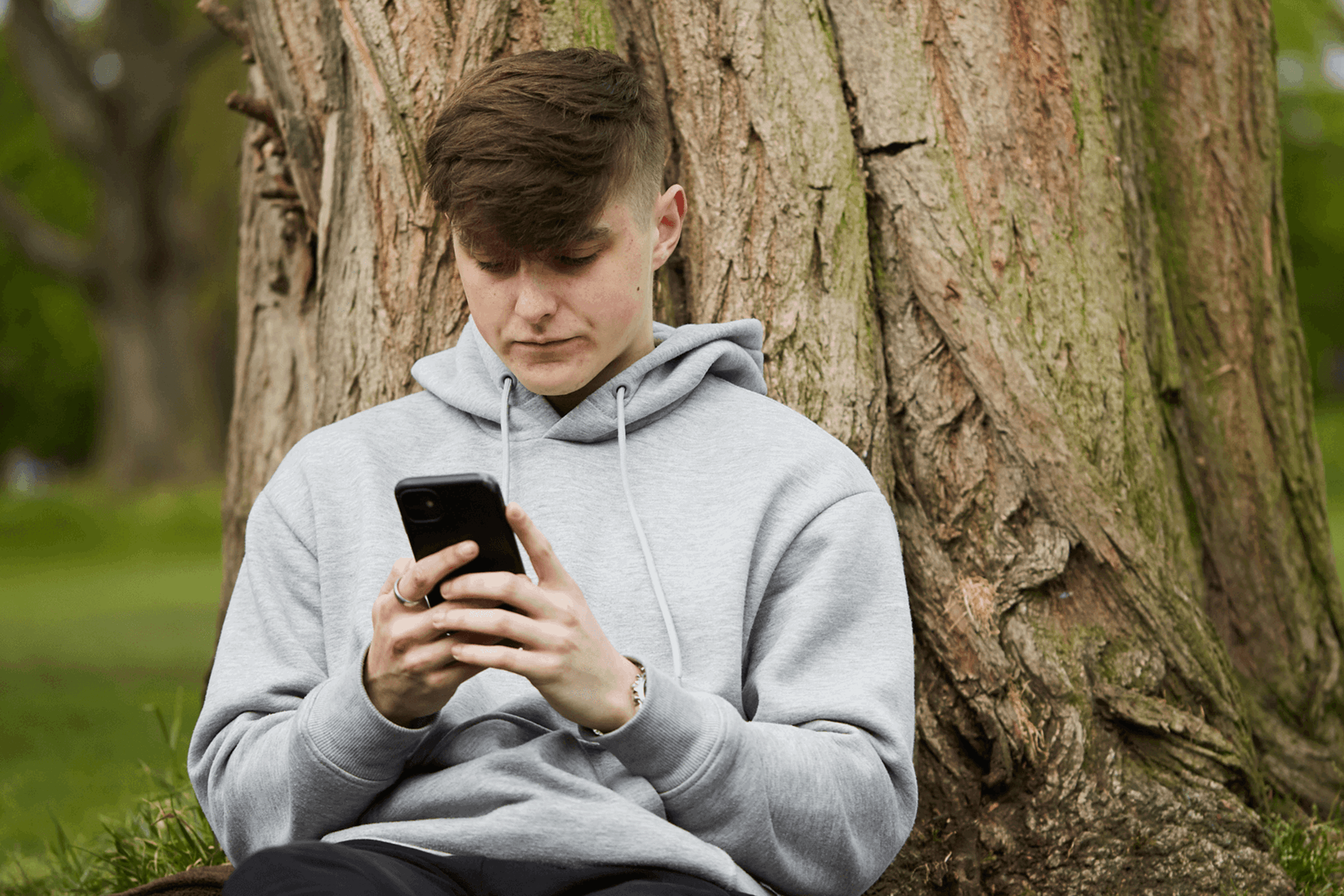Guide to all types of addiction
-
If you think you're dealing with addiction of any kind, including drugs, alcohol, smoking, gambling, food, social media and lots more, we have advice to support you in our guide.
When it comes to substance use, like drinking alcohol, using drugs, or taking prescription medication, people often use the words “addiction” and “dependence” interchangeably. But they’re not the same thing. There's a key difference between being addicted to something and being dependent on it.
Tolerance often comes with dependence. It means you need more and more of a drug or substance to get the same effect you used to get with a smaller amount or dose when you first started.
People often talk about the dangers of addiction to nicotine and alcohol, or to illegal drugs like heroin, cocaine and amphetamines. But you can become addicted to or dependent on prescription medication too.
Here are some common examples:
Benzodiazepines are a group of medicines used to treat anxiety, panic disorders and sleep problems. Examples are diazepam and lorazepam.
Benzodiazepine addiction often starts when people use these without medical advice (self-medicate). Over time, your body builds a tolerance, and you might not even notice addiction setting in. Benzodiazepines should only be used short-term and always as prescribed by your doctor.
Opioids are prescribed by doctors to treat severe pain. Examples include morphine or codeine.
They can be highly addictive, especially if used for too long. Generally they should not be used as pain relief by doctors because the risk of addiction and dependency is too high. If you're prescribed opioids, you should always follow your doctor's advice on how much to take and when to stop.
Sleeping pills are medications that help you fall asleep and stay asleep. This includes benzodiazepines, but also what's known as 'Z-drugs' like zolpidem and zopiclone.
Abusing sleeping pills is dangerous and long-term use can lead to addiction. You might get addicted if you take them for fun, to cope with stress, or if you start using your prescribed pills more often than recommended. You should always follow your doctor’s advice.
If you have become addicted to a drug, you may find that you:
If you think you're dealing with addiction of any kind, including drugs, alcohol, smoking, gambling, food, social media and lots more, we have advice to support you in our guide.
Examples of antipsychotics include quetiapine and olanzapine. Examples of antidepressants include fluoxetine, amitriptyline, venlafaxine and paroxetine.
A lot of people worry about getting addicted to these medications, especially when they're told that they shouldn’t stop taking their medication suddenly. But antidepressants and antipsychotics aren't thought to be addictive. You don't get cravings for them.
Instead, the reason you shouldn't stop taking them suddenly is because this can cause uncomfortable withdrawal effects. The symptoms of your illness could also come back too soon.
But you can stop taking them safely with advice from your doctor or pharmacist. They'll probably advise you to do this gradually over six weeks or more, which gives your brain time to adjust.

Whether you love the page or think something is missing, we appreciate your feedback. It all helps us to support more young people with their mental health.
Please be aware that this form isn’t a mental health support service. If you are in crisis right now and want to talk to someone urgently, find out who to contact on our urgent help page.
At YoungMinds we take your privacy seriously. If you’d like to read more about how we keep the information we collect safe, take a look at our privacy policy.